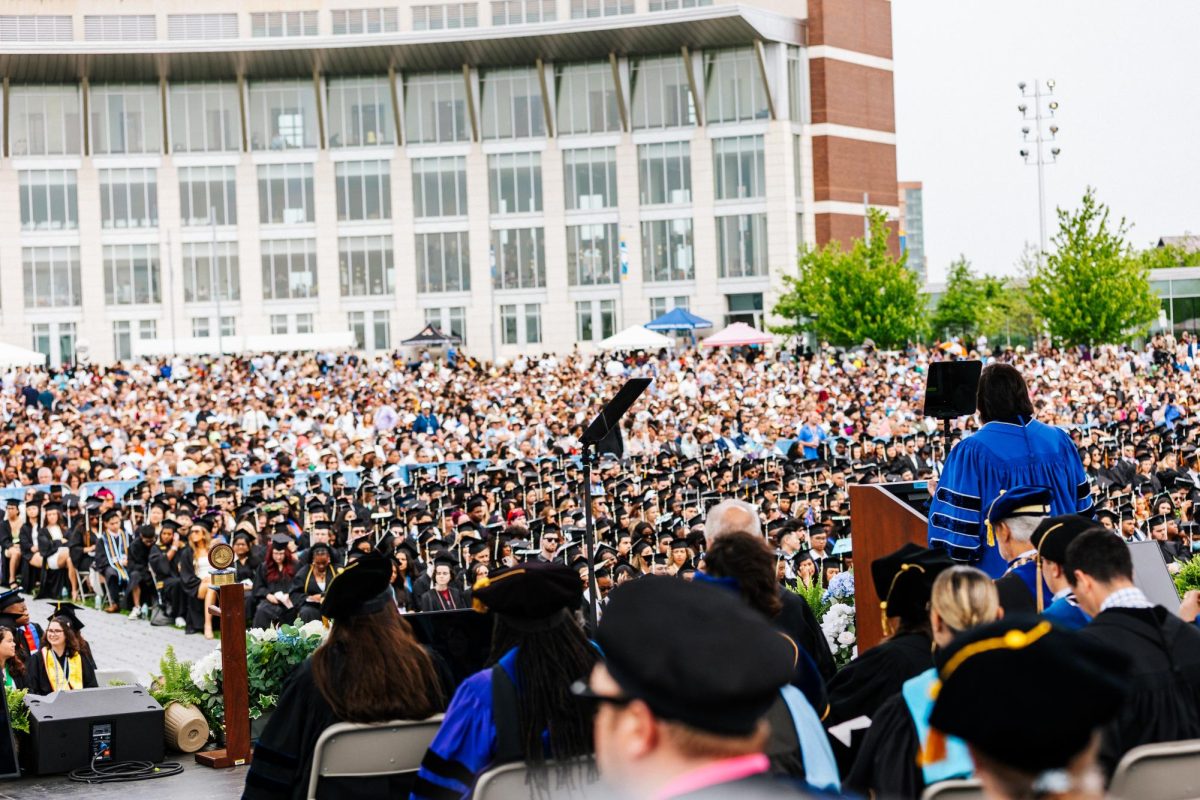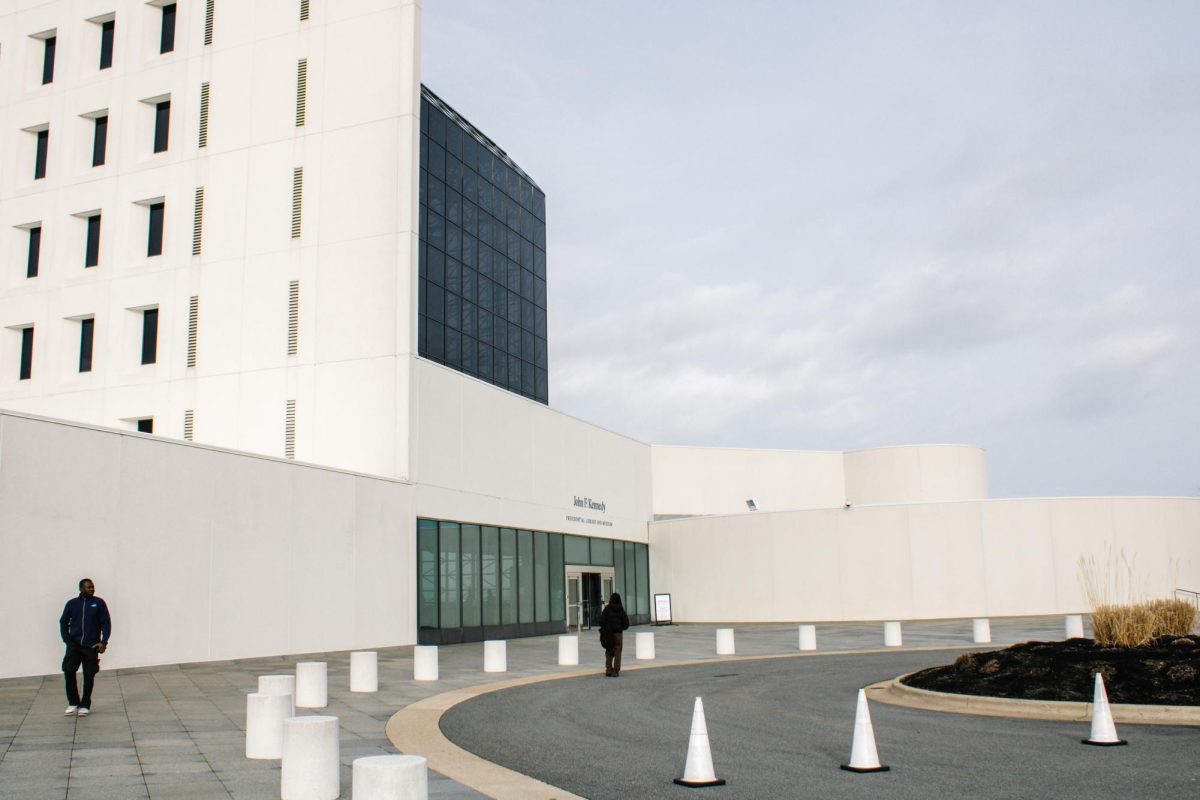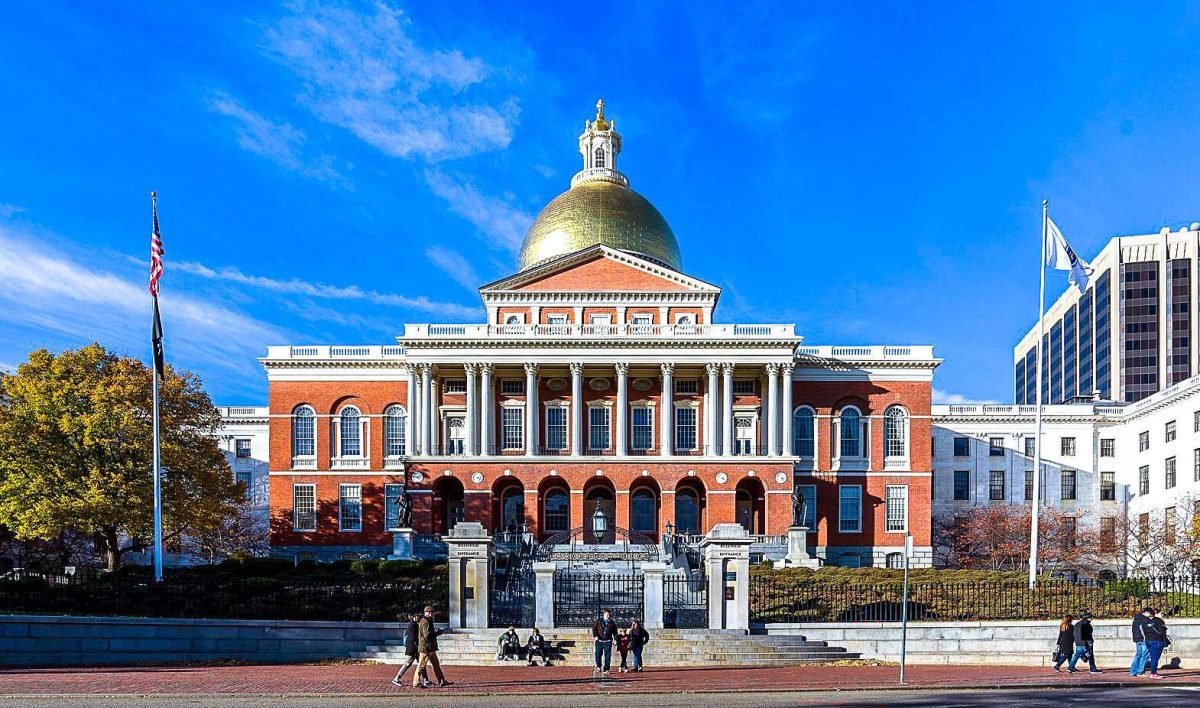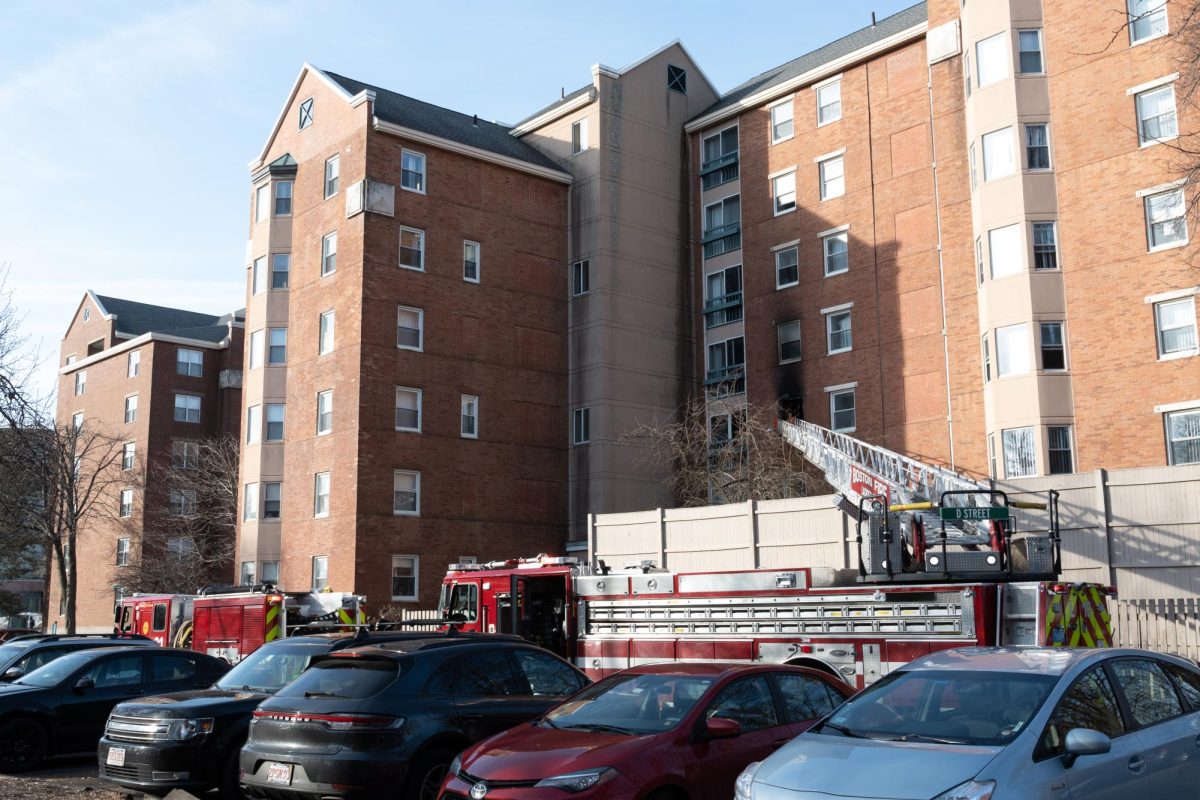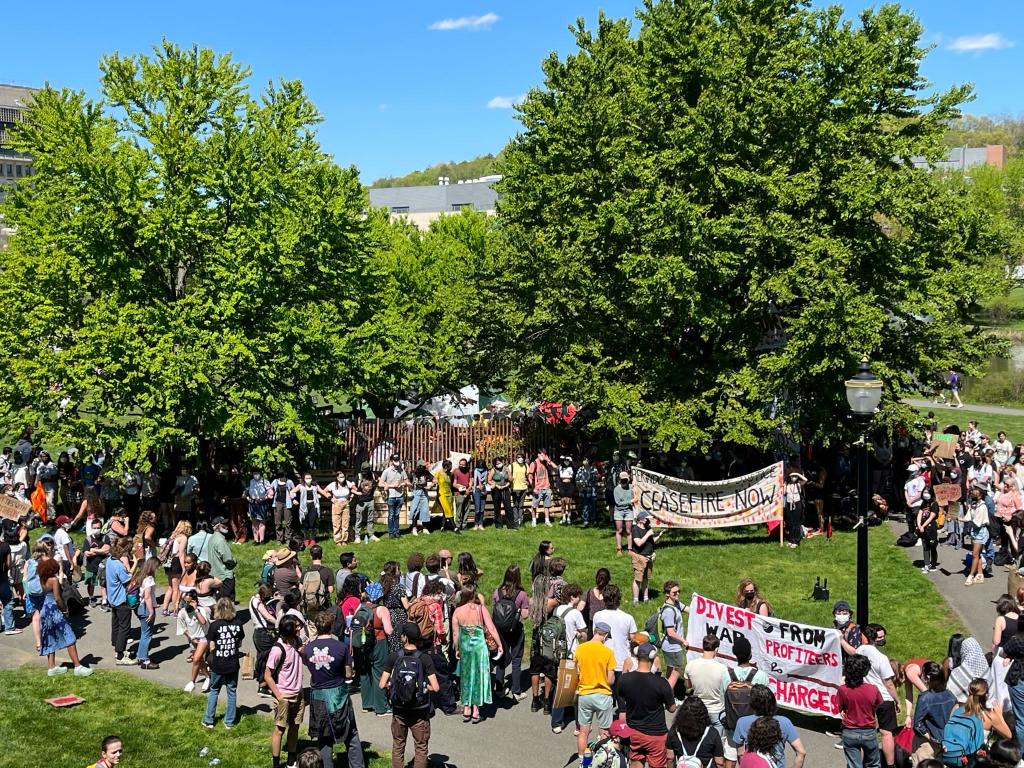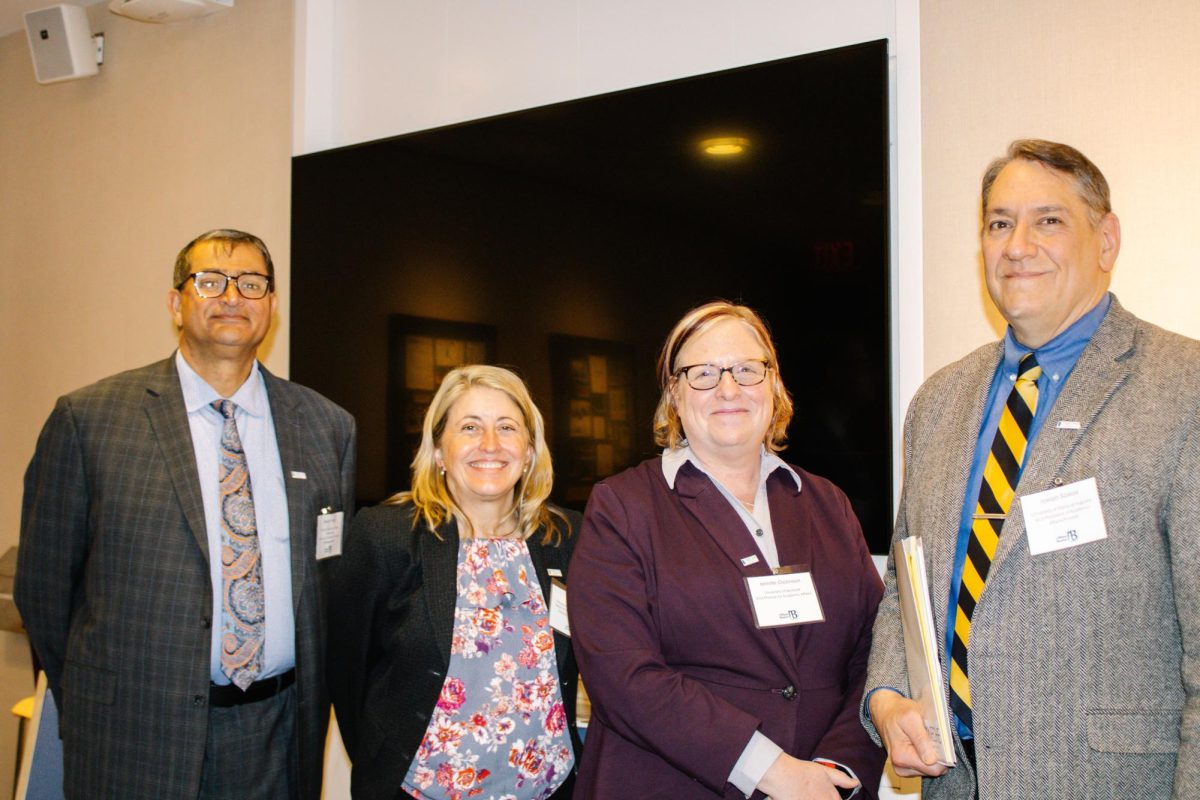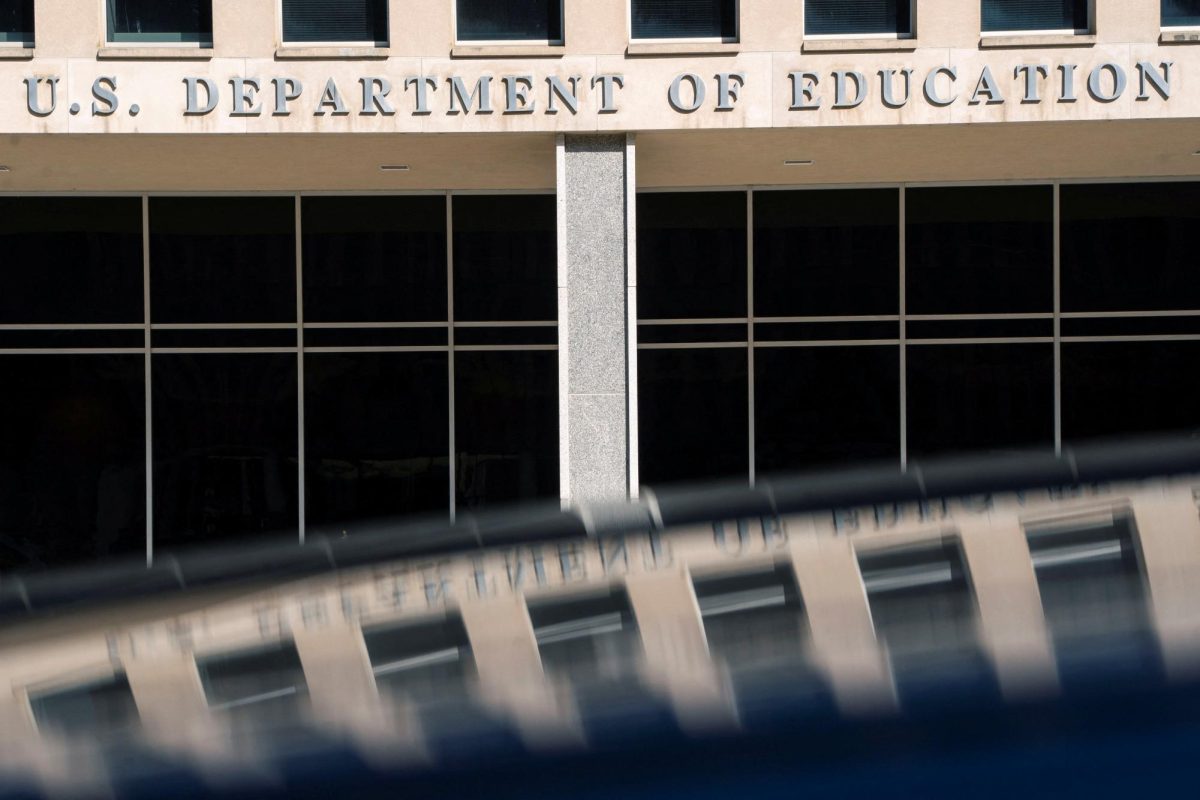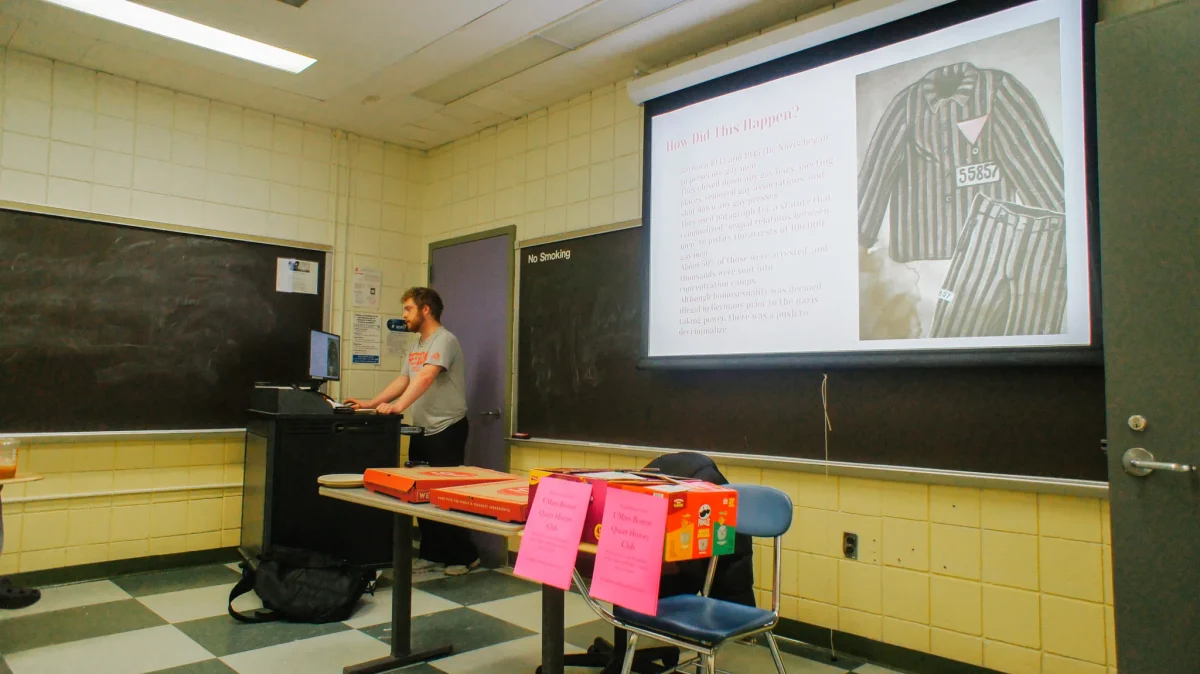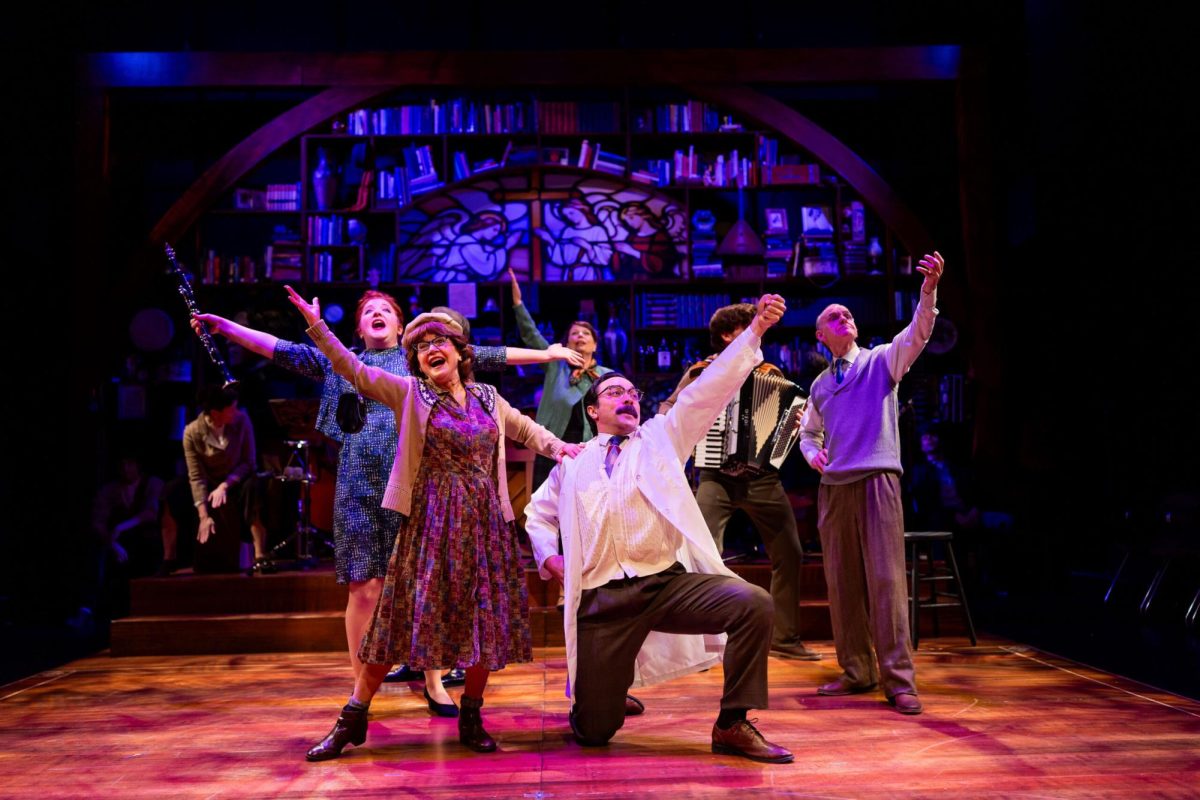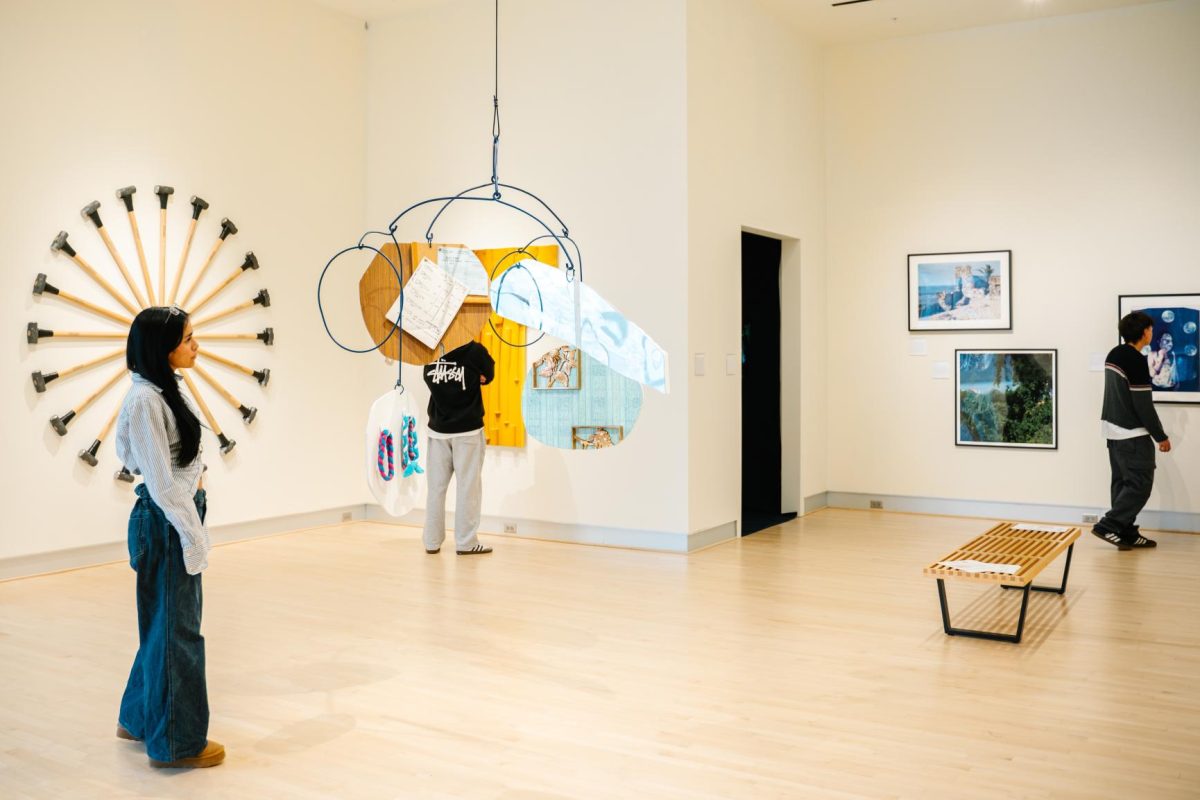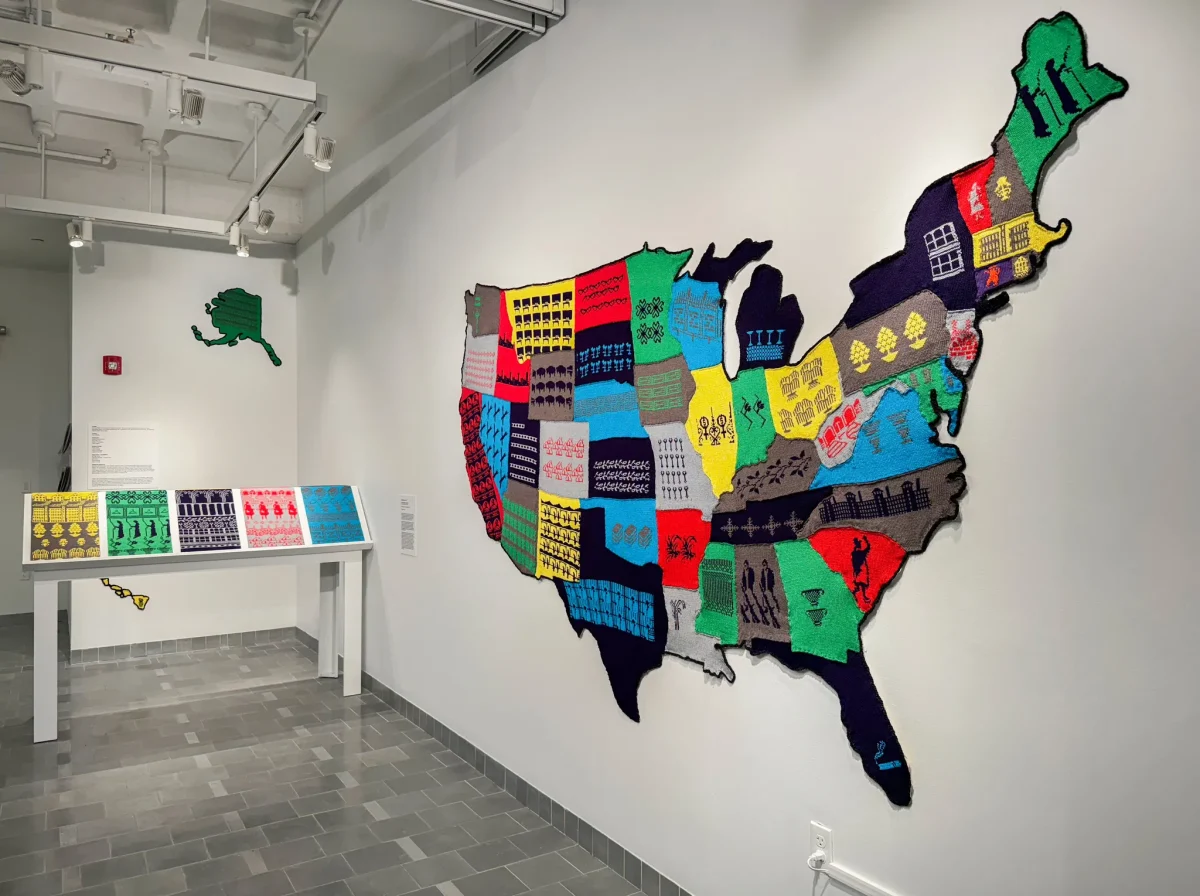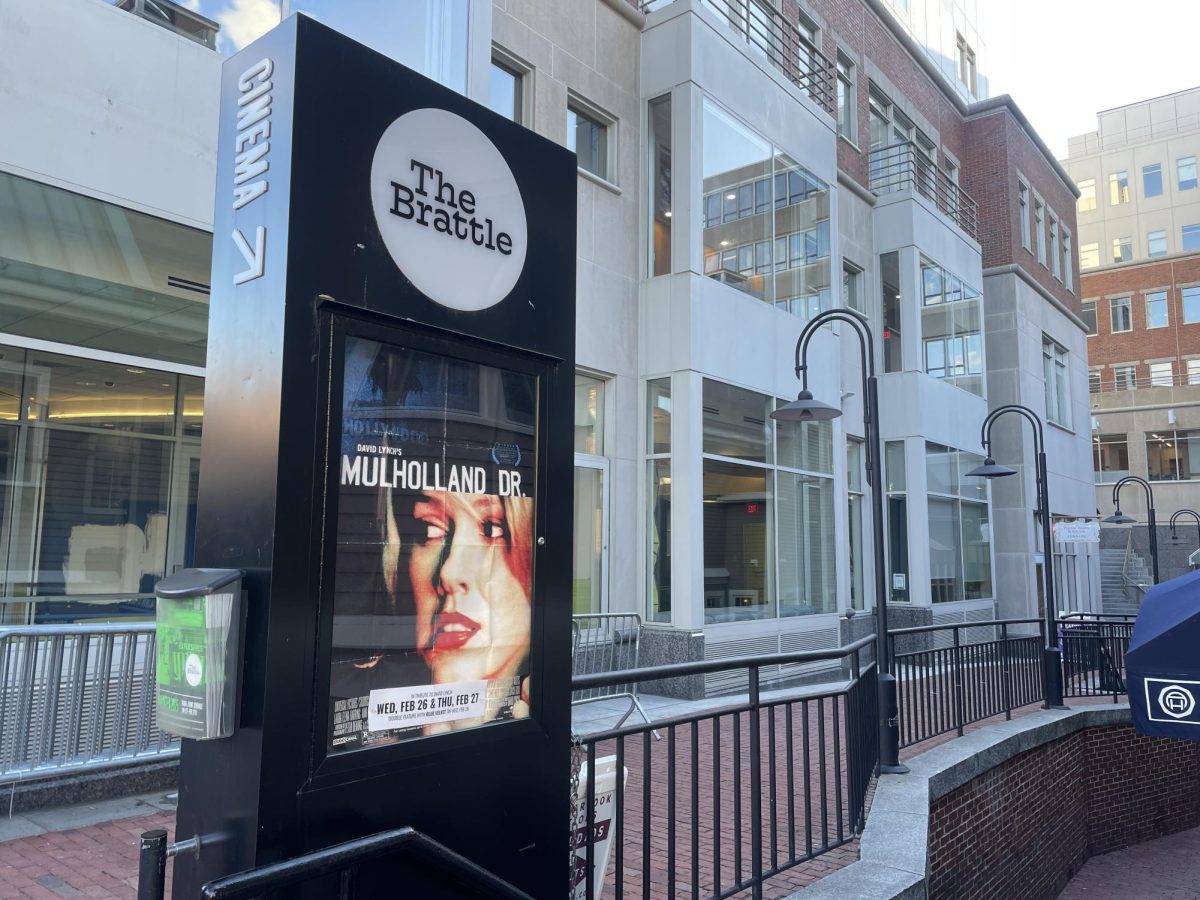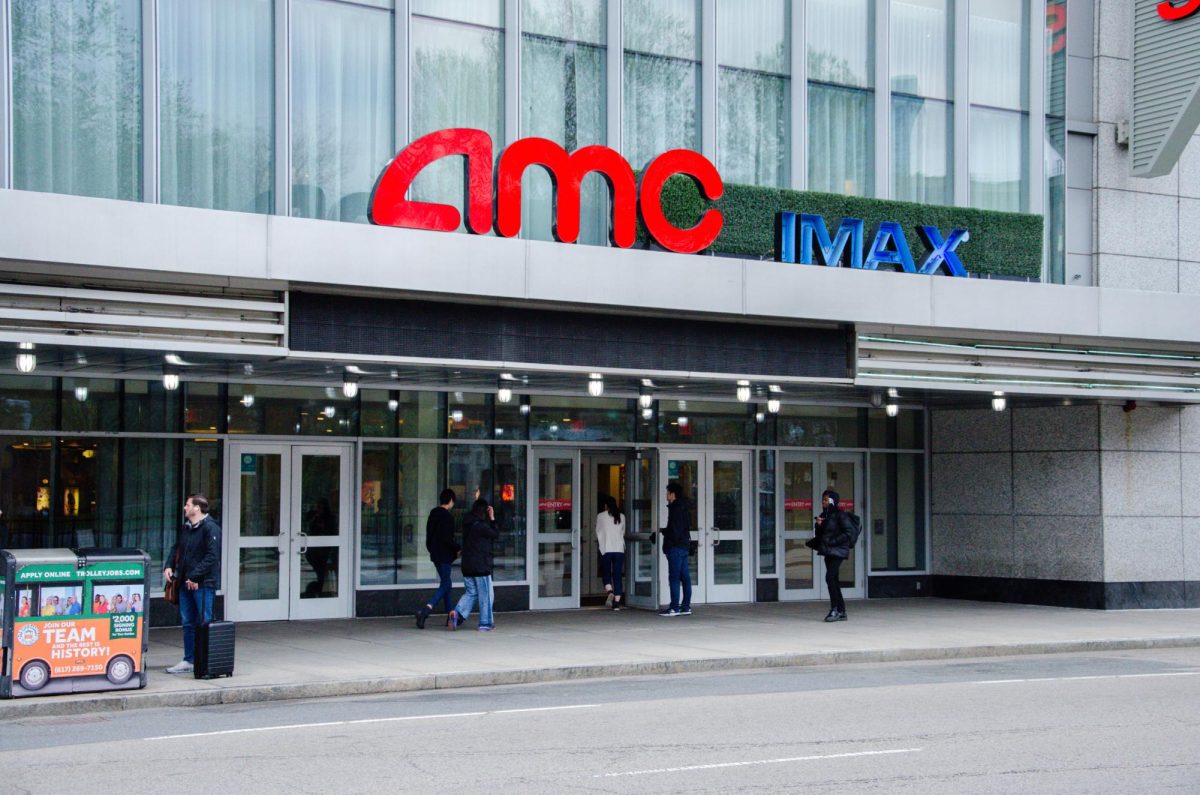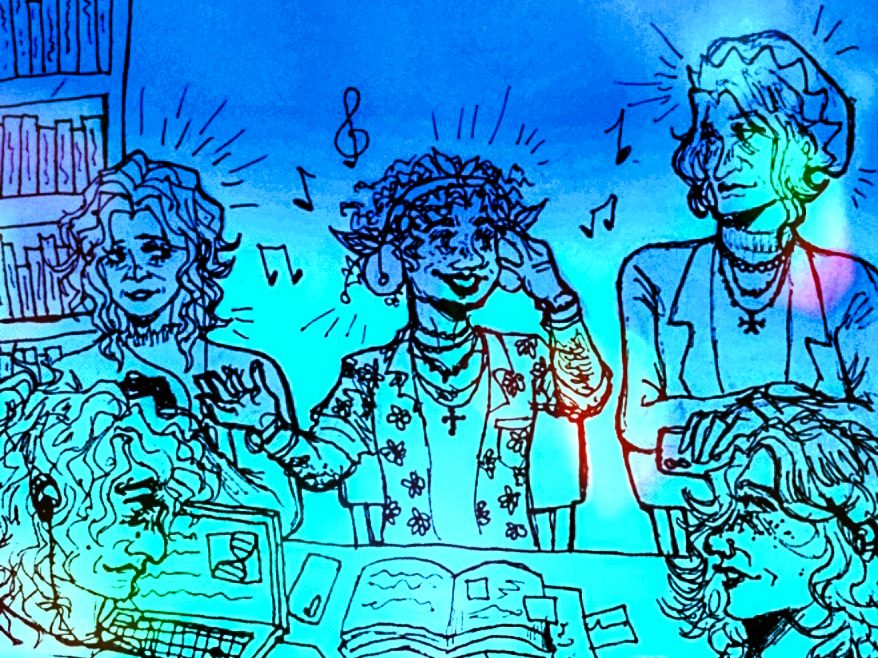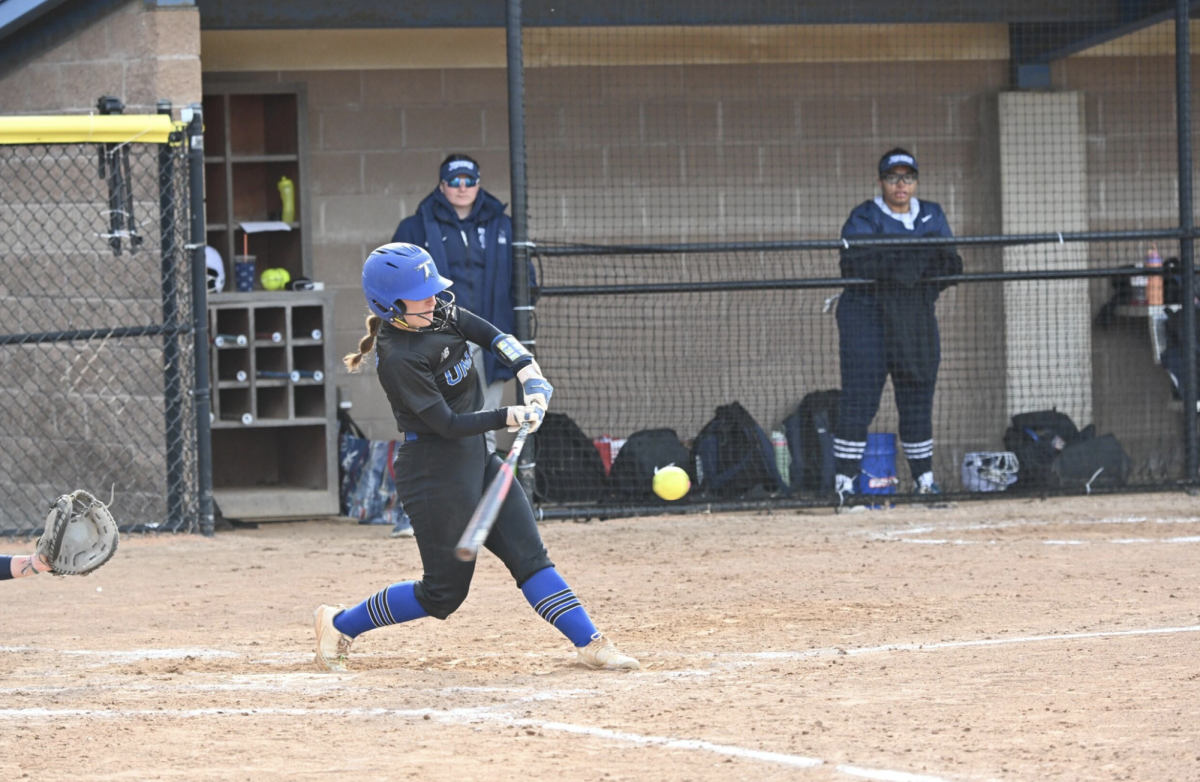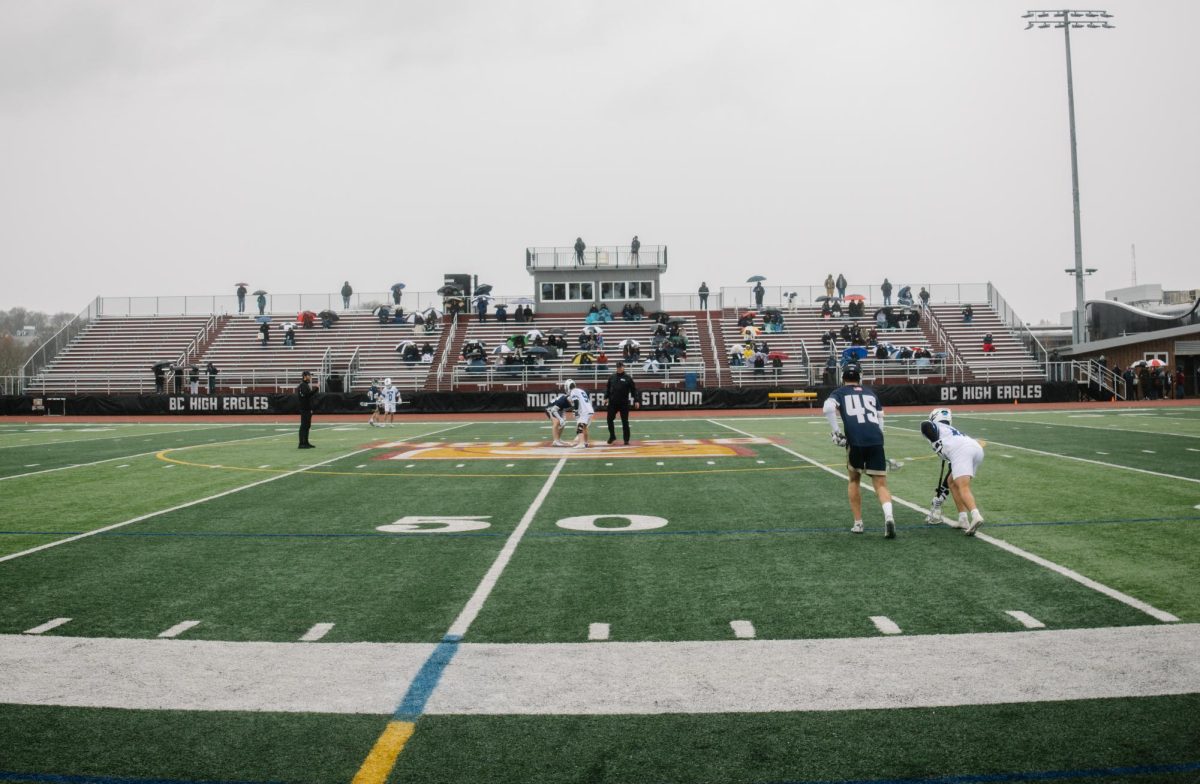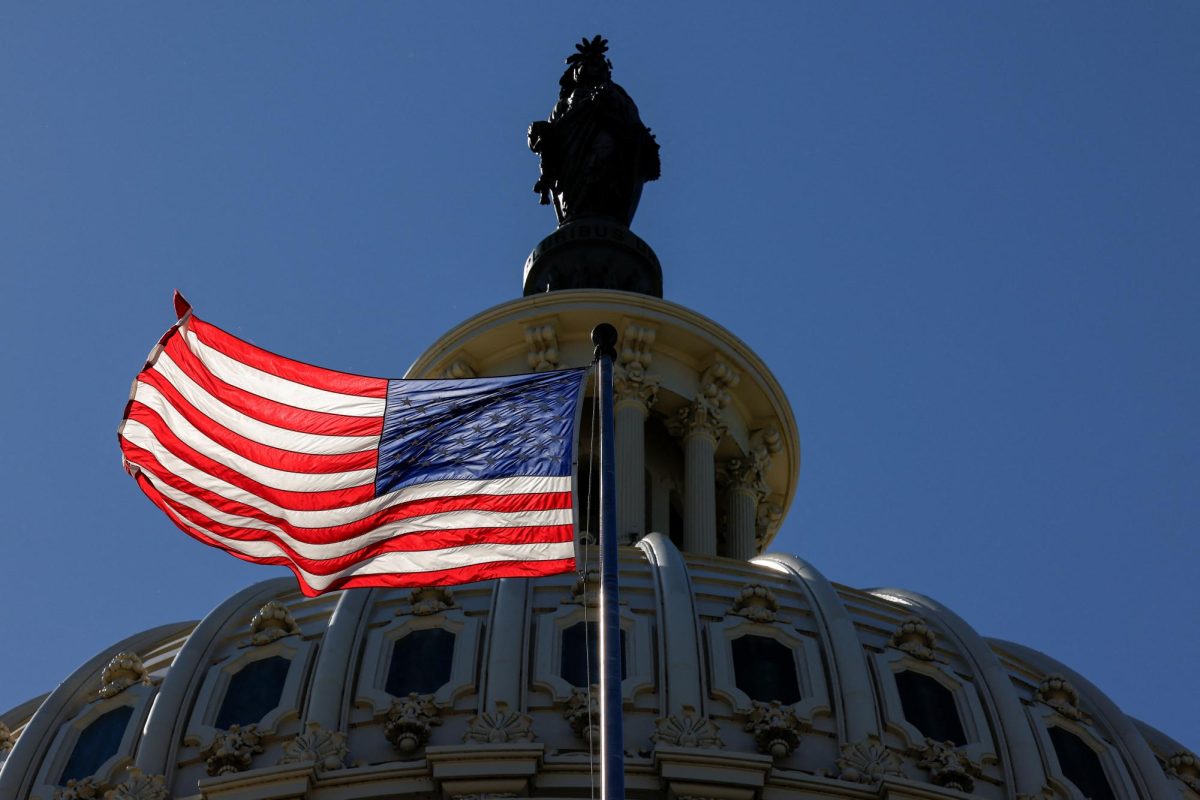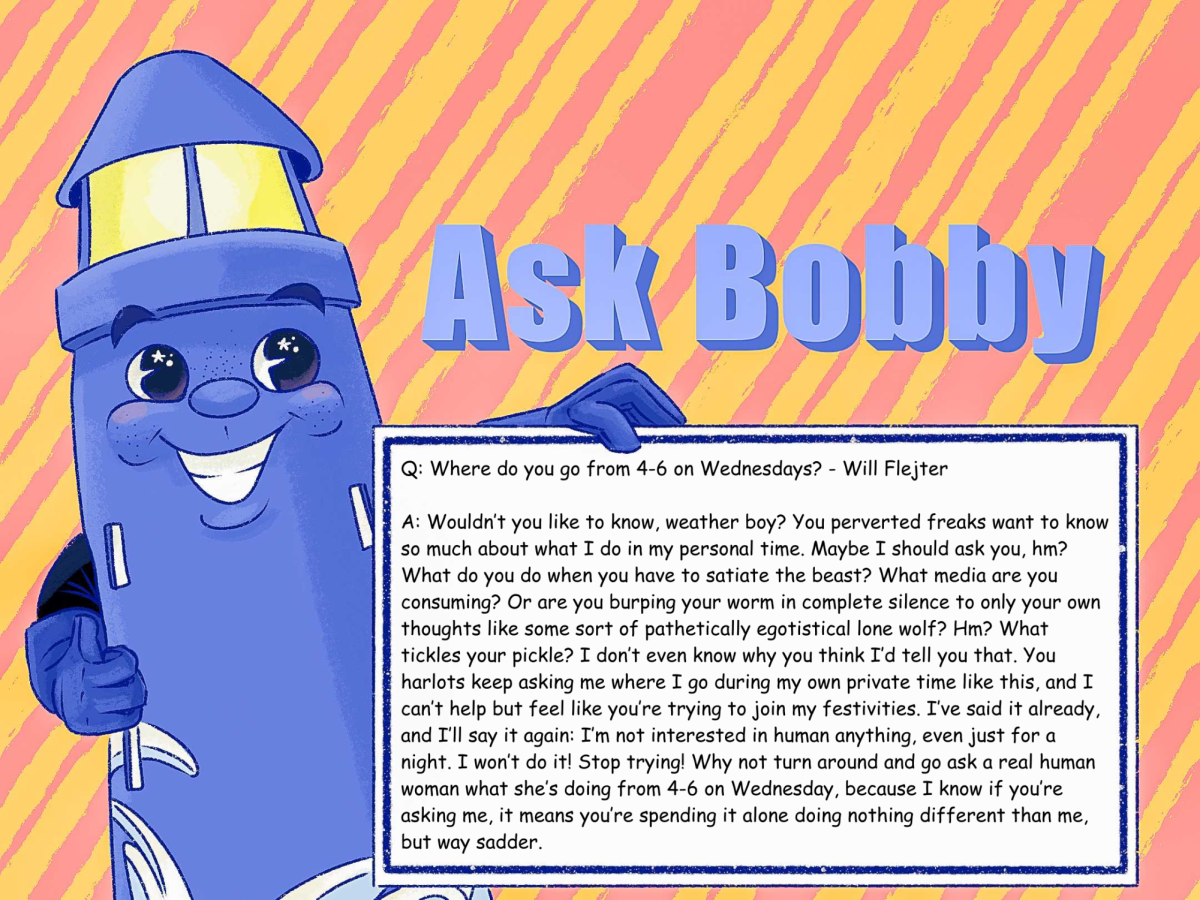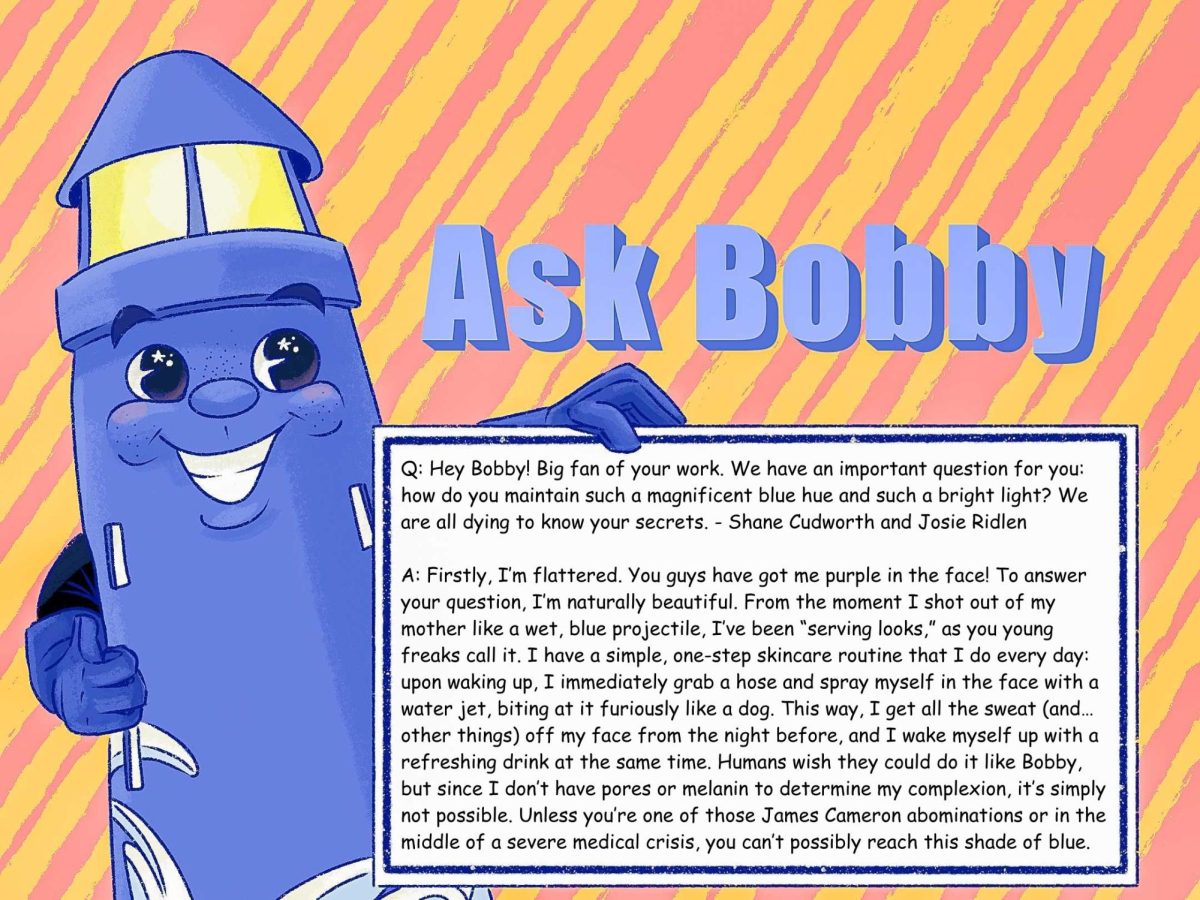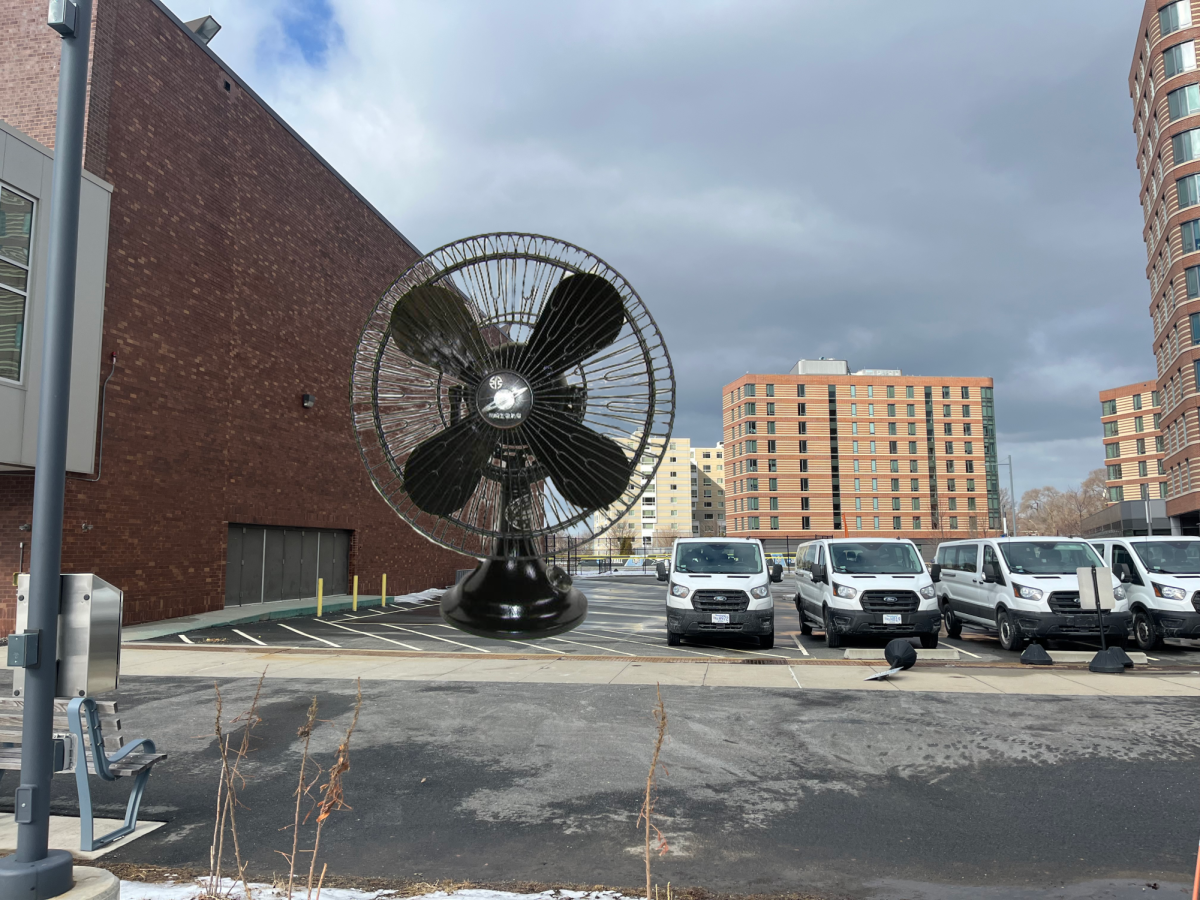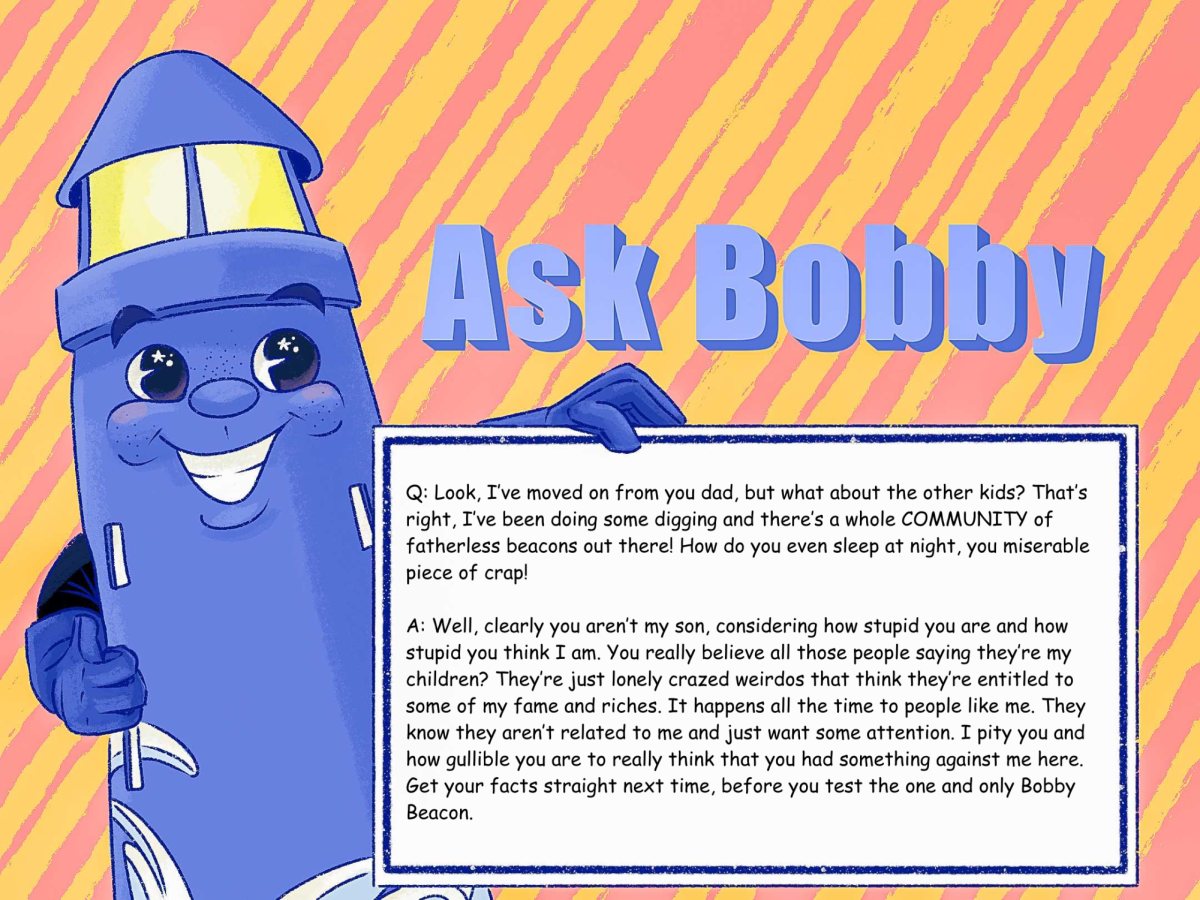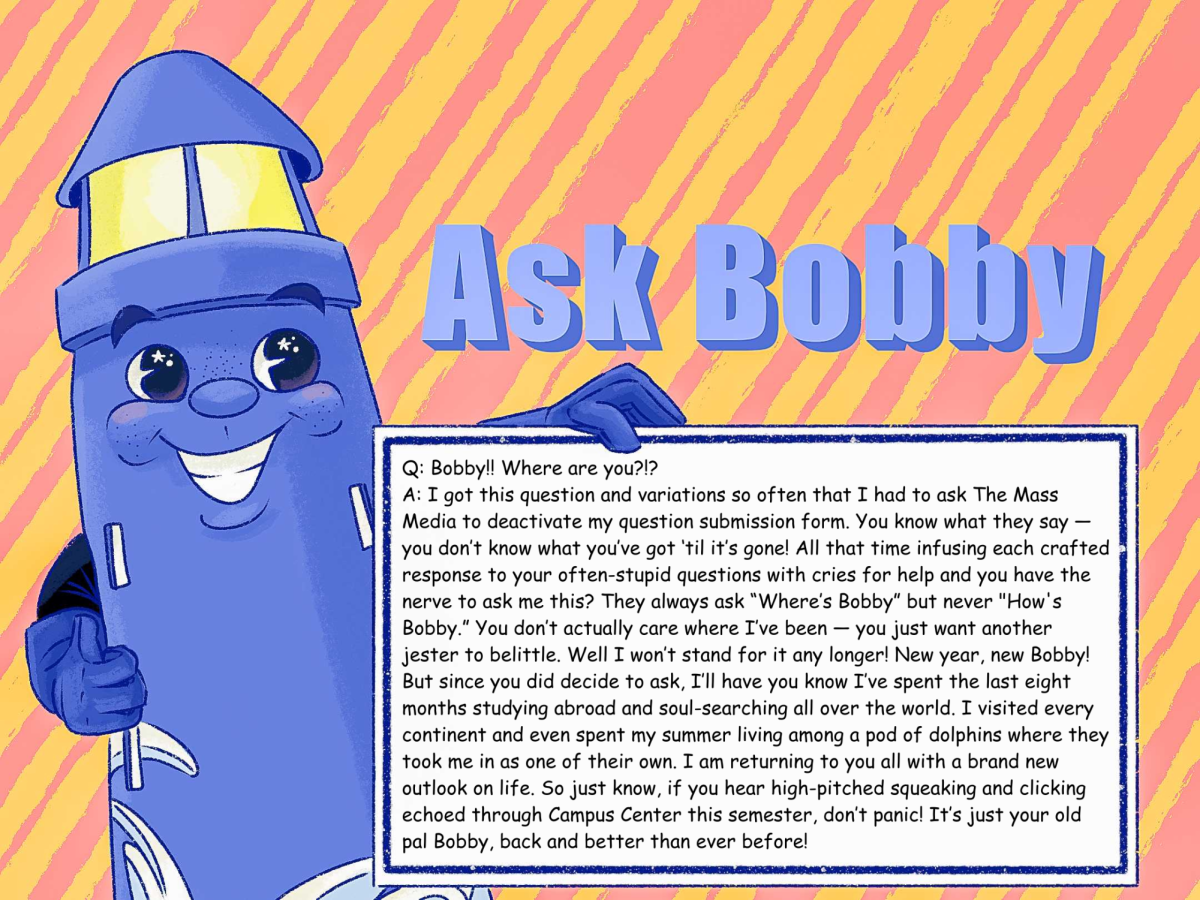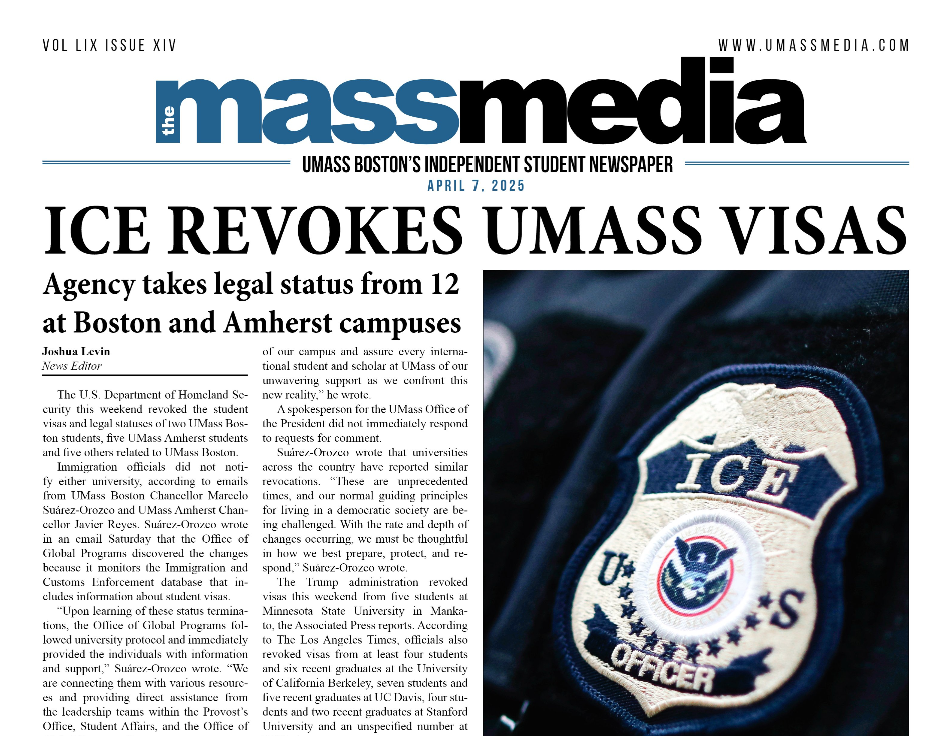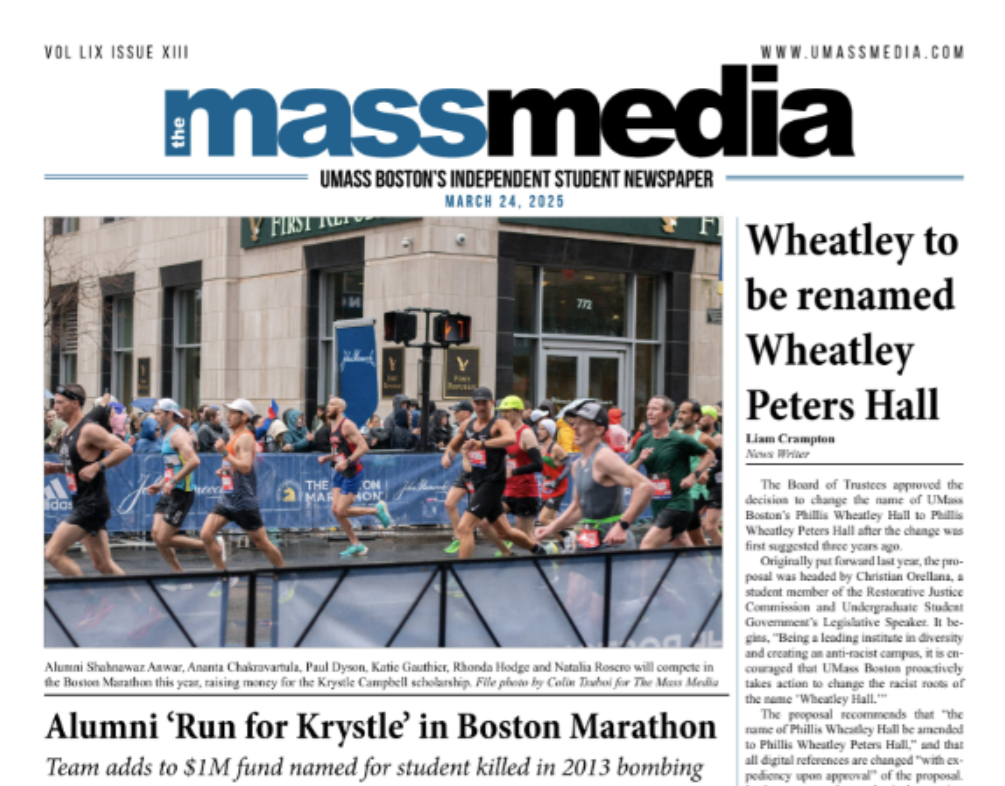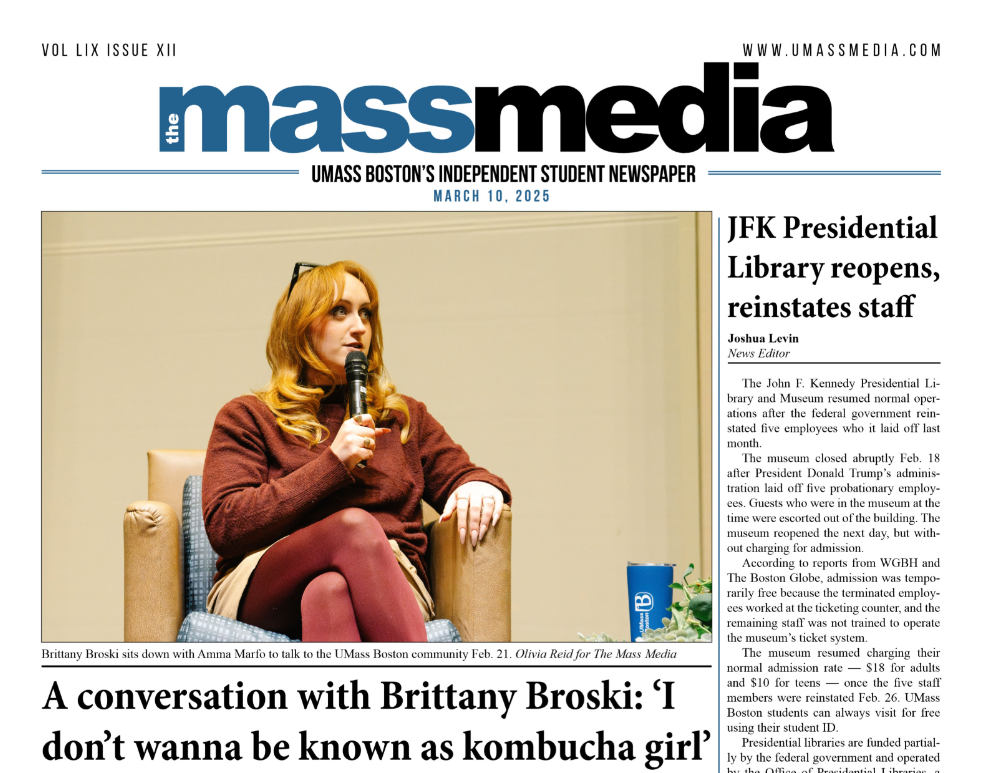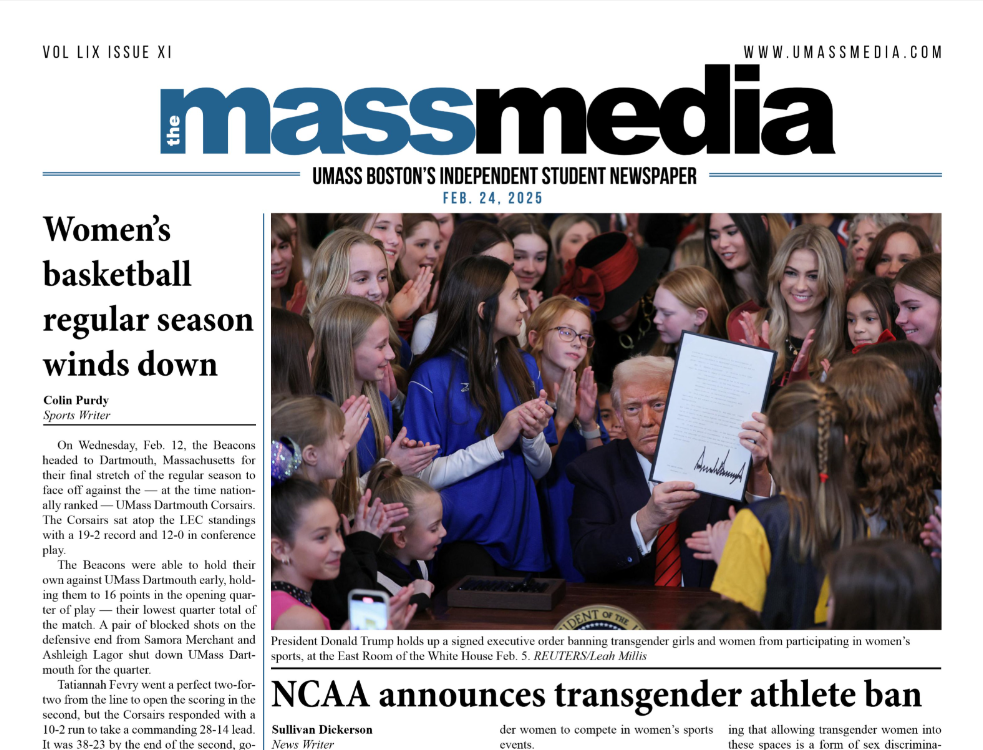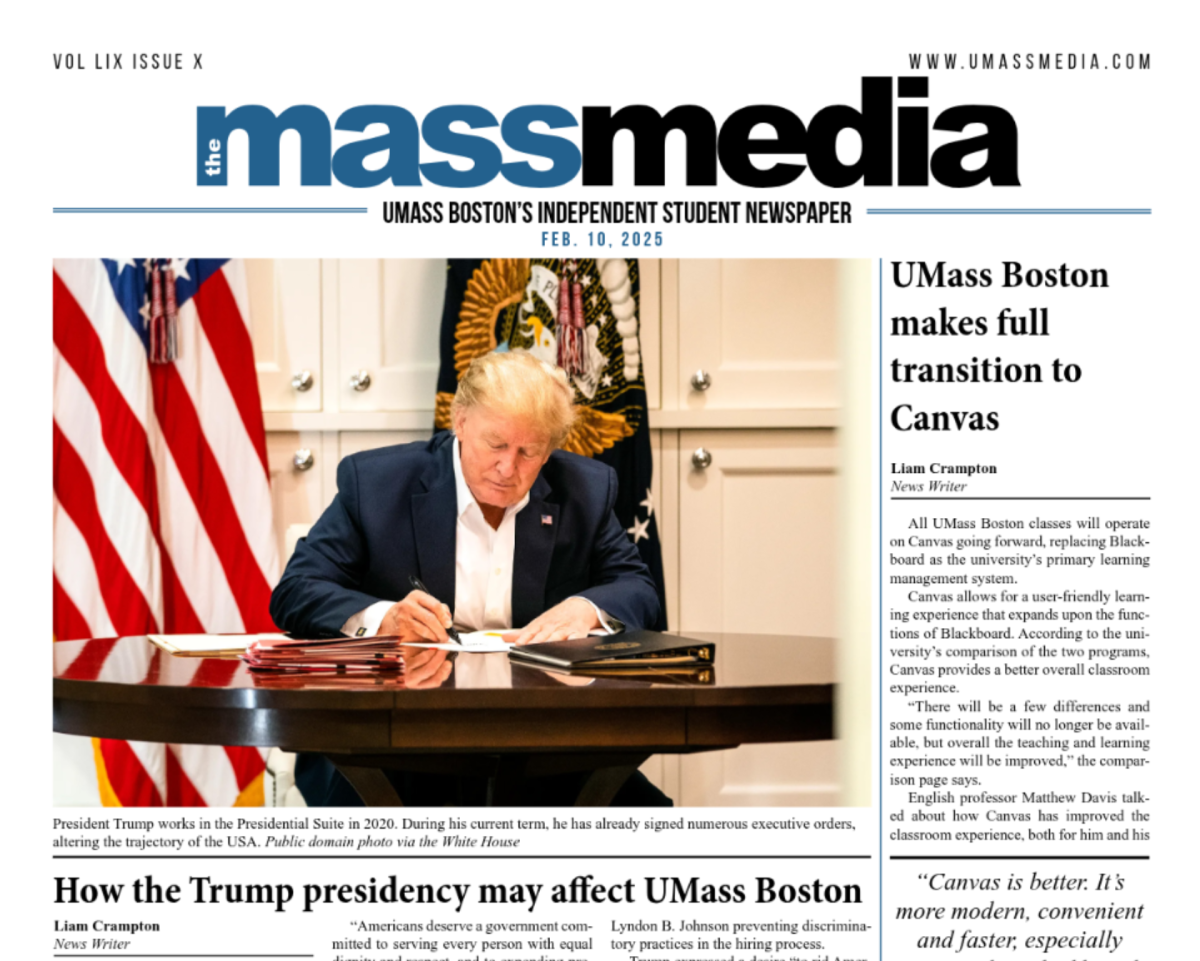Unions Postpone Vote
January 15, 2003
The Vote of No Confidence in UMass President William Bulger, which was originally planned for December 18, was postponed at the last minute. The move came as something of a surprise after the spirited all-union meeting held on campus December 4, 2002.
The postponement came as a response to President Bulger’s apparent desire to discuss options for settling the contract issue. According to a recent update from the Coalition of UMass Boston Unions, this postponement is “an act of good faith” on the part of the unions. It was also made clear in the memo that “This does NOT MEAN a solution to the contract crisis is immediately at hand, or that we should assume the vote and other actions will not be needed in the future.”
In fact, although the overall vote was postponed, some people still cast their votes, and according to Elizabeth Mock, president of the Faculty/Staff Union, those votes are still on record and will be counted in the event of an official vote. Mock also emphasized the fact that the vote was not cancelled but merely postponed and will be carried out if current attempts to resolve this issue remain unsuccessful.
Mock explained that because the unions are trying to achieve an end to the contract-funding debacle, the “small but very specific gesture” offered to the unions on the eve of the no-confidence vote was enough to incite the postponement. Mock suggested that the mere threat of the vote might have had some effect on the current developments toward resolution.
When asked to comment on the developments in this issue, Bulger spokesman Robert Connolly stated, “This has always been a situation where both sides (labor and management) want the same thing — full funding of the contracts. We’re hopeful that we can make progress in this regard but [be] mindful of the circumstances that prevail.”
According to the unions’ latest announcement, President Bulger’s office is working along with university union representatives in an attempt to resolve the contract funding issue while acknowledging the difficult fiscal climate of the state and the university.
Originally, pay raises were scheduled to be implemented over the course of three years. Union leaders have submitted a new plan which would award all three years’ worth of raises during the year 2003. Because the contracts were due to be implemented in July 2002, the university owes retroactive pay to employees included in the collective bargaining deal. If accepted, this new proposal would allow the university to pay the retroactive raises well beyond 2003, giving them some fiscal leeway.
Also, with the change in governor effective at the start of the calendar year, Representative Marty Walsh and others, on behalf of Higher Ed Unions United, filed legislation identical to what was vetoed last summer by then Acting Governor Jane Swift.
The unions are hopeful for a resolution to this issue without an adverse effect on the main purpose of UMass: education. The unions have been working with and supporting student actions regarding the threat to UMB’s urban mission posed by new developments and budget cuts being experienced by the university. They continue to use the slogan “Staff and Faculty working conditions and student learning conditions.”
Though the unions seem hopeful for the plans underway, they will continue to explore other actions in case the most recent proposal and legislative measures don’t solve the contract issue. If current plans fall through or stall, the public no-confidence vote will be taken.
At the all-union meeting last December, there was fervent debate regarding the possibility of a strike. If a strike were to take place at UMB, it would be illegal since faculty and the staff of the university are state employees and their contracts forbid them to strike. Due to the risk involved, a survey will soon be taken to gauge employee support and interest. The survey will also be used to cull ideas and suggestions for other actions from union members. The next Board of Trustees meeting will be held at UMB on February 12 and the unions are planning a series of informative actions leading up to that meeting.




